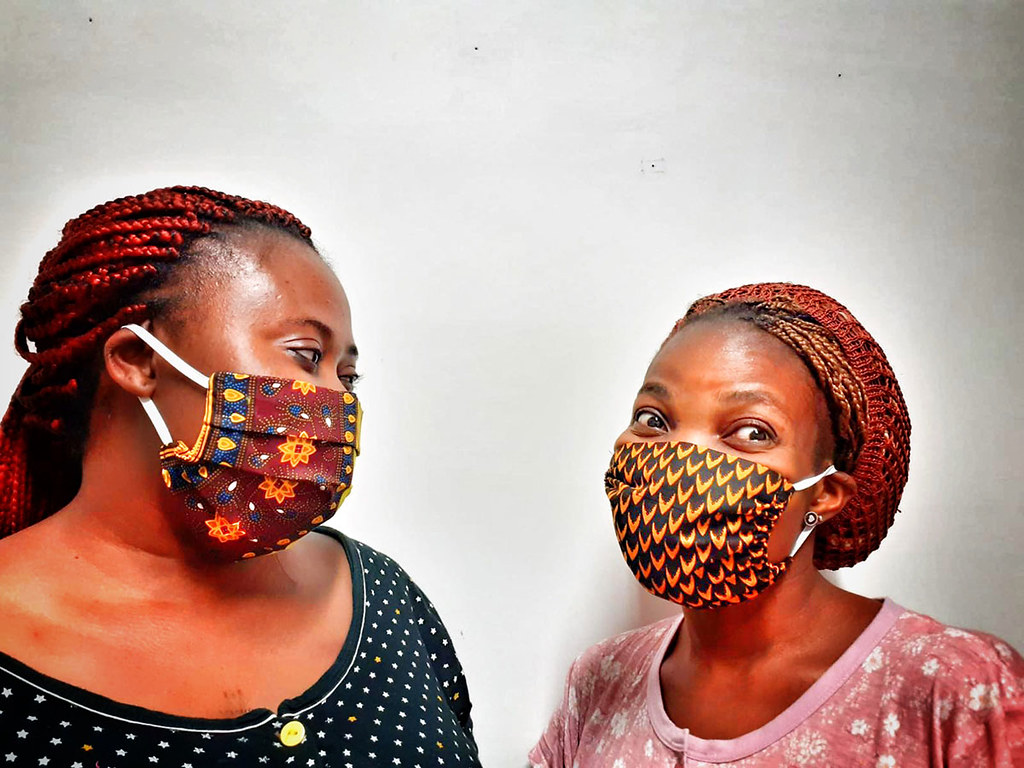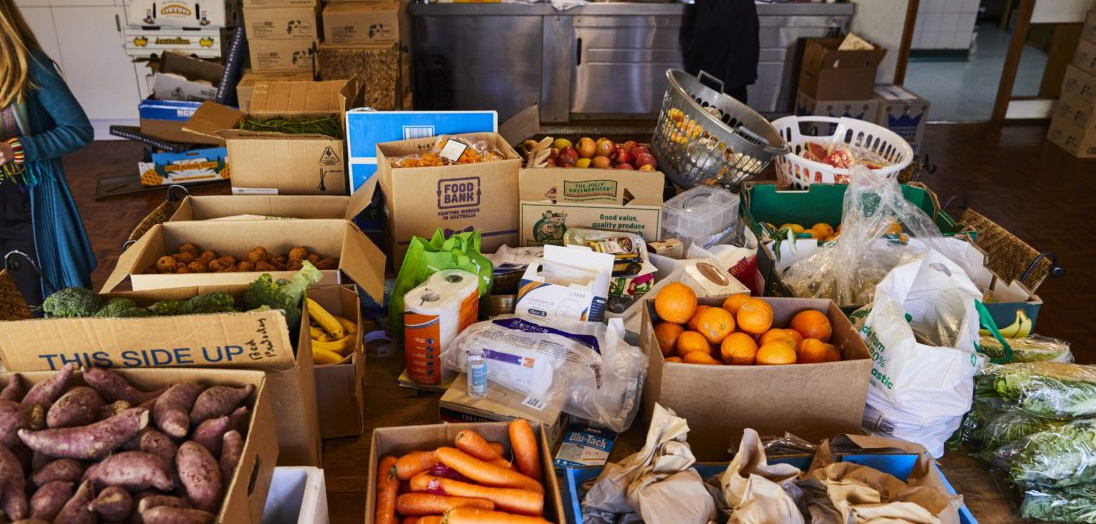MEDIA RELEASE: Pathways to Permanency for Refugees with Temporary Protection
13 February 2023

JRS Australia Celebrates Pathways to Permanency for Refugees with Temporary Protection; Urges Action on Family Reunion
Jesuit Refugee Service (JRS) Australia welcomes the long-foreshadowed announcement, in line with the Government’s 2022 election commitment, creating pathways to permanent residence for refugees who hold or are eligible to hold Temporary Protection Visas (TPVs) and Safe Haven Enterprise Visas (SHEVs).
Under the new arrangements around 19,000 people will be eligible to apply for Resolution of Status Visas, which will provide them with the same entitlements as other permanent residents, including social security payments, higher education loans, access to the NDIS, and the ability to apply for family reunification, and, in the future, for Australian citizenship. JRS Australia lauds these long-overdue measures towards ending a policy which has wrought terrible harm upon refugees for over a decade. We also note the strength and fortitude of these refugees, their ability to overcome daunting odds, and their tireless advocacy that has led to this moment.
The transition to permanency for most of the 19,000 eligible people is expected to take approximately 12 months to complete.
JRS Australia remains concerned that the absence of anticipated measures to expedite family reunification will prolong the cruel separation that Australia has enforced upon them for over a
decade.
JRS Australia calls on the Government to consider all possible avenues to hasten the reunification of families of TPV/SHEV visa holders who will become permanent under the new policy but remain ineligible to sponsor their families through the humanitarian stream. They can apply through the family stream, which is costly and, in the absence of expedited measures, takes years to process visa applications.
The families of many TPV/SHEV visa holders live in war zones and remain in grave danger. The additional years of separation and anxiety about the safety of their families will add to the tremendous suffering many TPV/SHEV visa holders have already endured.
“Now that the nightmare of temporary protection is coming to an end, we celebrate with all who are experiencing joy with this major announcement, and we commend the Government for taking these decisive steps,” said Tamara Domicelj, JRS Australia Country Director.
“We also know that many, who have suffered for far too long, will be craving greater certainty regarding when they may be reunited with their families who remain in danger. And that others in the community who may have hoped to have been included in this announcement, may be experiencing significant distress today.”
Family reunification applications from some applicants from Afghanistan and Iran can take many years to process. Some Australian permanent residents from Afghanistan and Iran who, like TPV/SHEV visa holders arrived by boat, have been waiting since 2014 for their families’ visas to be approved. In the absence of expedited pathways, TPV/SHEV visa holders who transition to permanency could face similarly lengthy wait times.
“Australia has a moral obligation to reunite TPV and SHEV visa holders with their families by implementing accelerated measures in view of deliberate policies that kept them apart for 10 years,” said Shuja Jamal, JRS Australia’s Head of Policy, Advocacy and Communications. Jamal, who has had family members impacted by years of uncertainty on TPV/SHEV, added, “Transitioning them to permanent status is laudable but it only reverses part of the harm inflicted on them, leaving them to rebuild their lives without their families.”
JRS Australia also welcomes the Government’s announcement last week that it has abolished Ministerial Direction 80, which put family reunification applications from permanent residents who arrived by boat at the lowest priority. Direction 80 kept many families separate for years, sometimes 10 years or more. The end of Direction 80, also an election promise, will also pave the way for the current cohort of TPV/SHEV visa holders, who arrived by boat, to be able to apply for family reunification.
Other refugees and people seeking asylum
The Government’s announcement on TPV/SHEV visa holders, while extremely welcome, does not include about 12,000 people whose asylum applications were denied or have not been resolved under the fast-track system, which is widely recognised as having been procedurally flawed. The lack of communication about what the Government is doing to resolve their status will likely compound existing anguish and trauma that they have experienced.
The Government also renewed an agreement with Nauru to designate it as the regional processing centre for another 10 years, even as it seeks to transition all people seeking asylum from offshore detention to third countries.
Read the full media release here.
Contact: Shuja Jamal at Shuja.Jamal@jrs.org.au or 0459 479 669.


